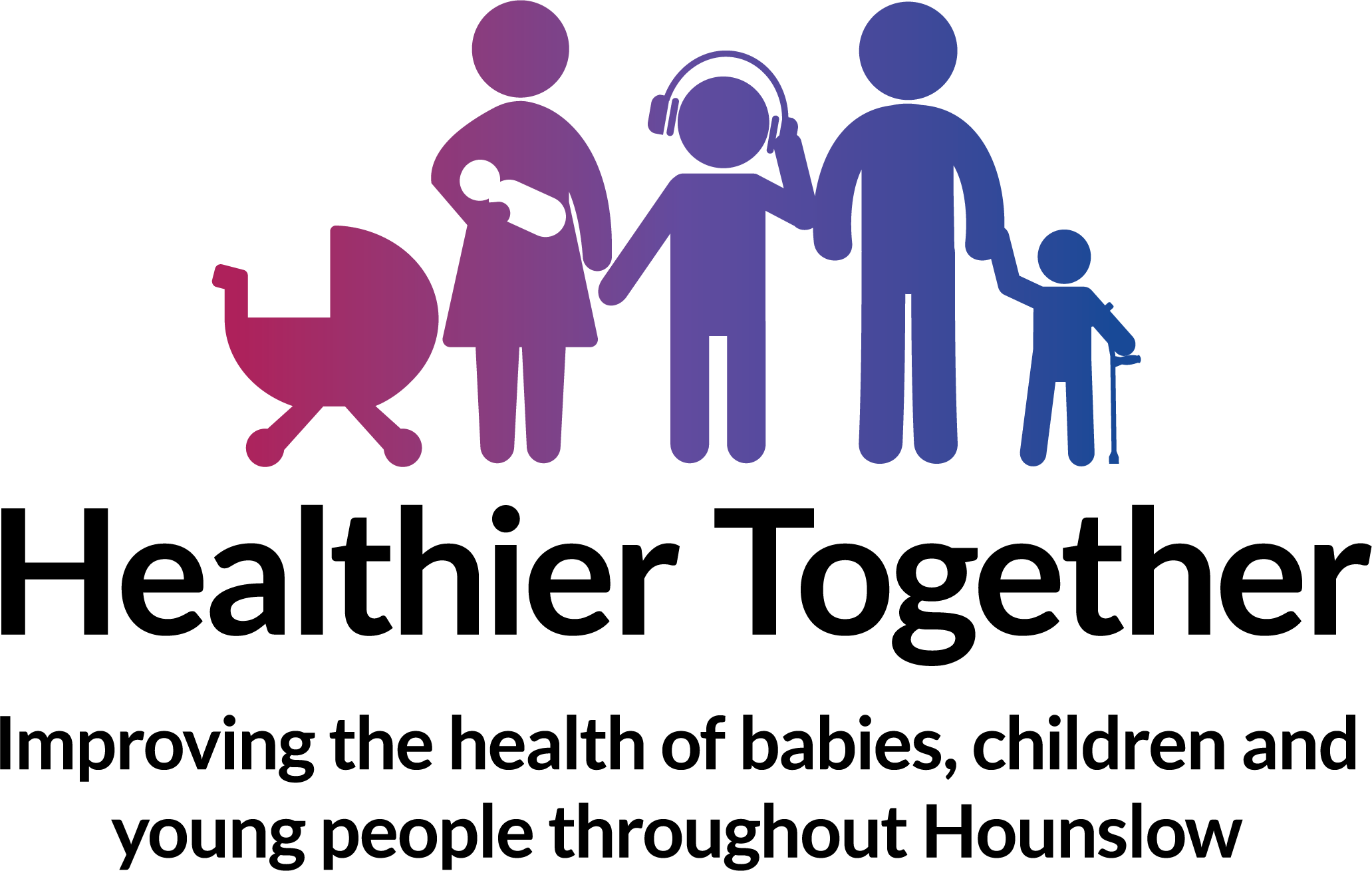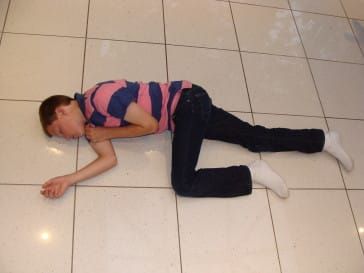There are many reasons for childhood “funny turns”. Your medical practitioner will have given you a likely diagnosis and this leaflet contains links for further information on some of the commonest causes of funny turns in childhood. This leaflet is designed to alert you should your child’s symptoms change and advice as to where to get help. It helps to have a video of your child’s episodes to take to any medical appointments.
Click here to view the fits, faints and funny turns paediatric pathway.



